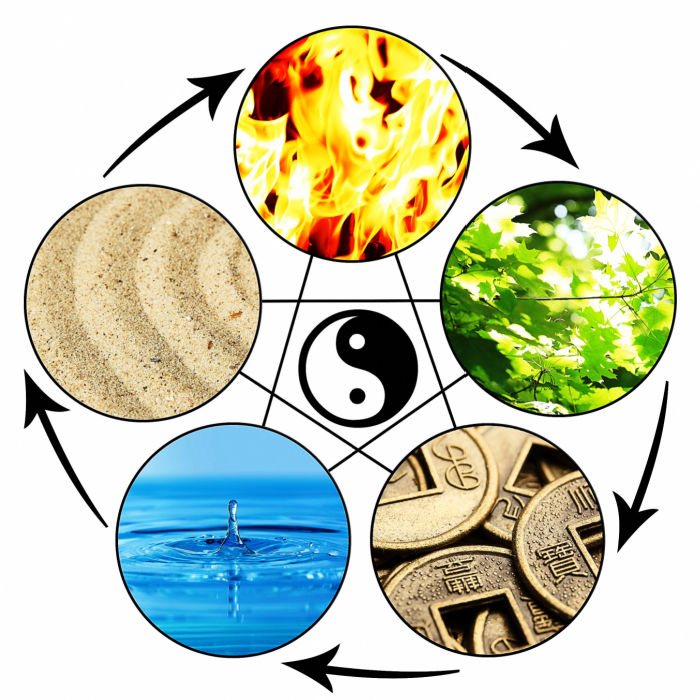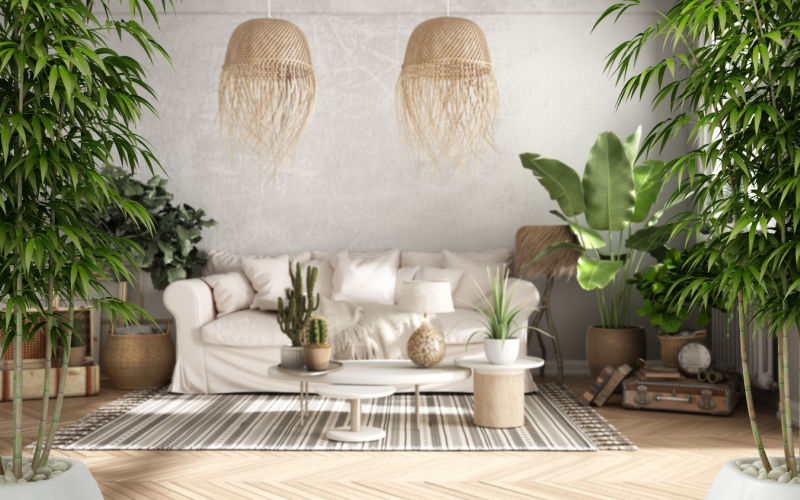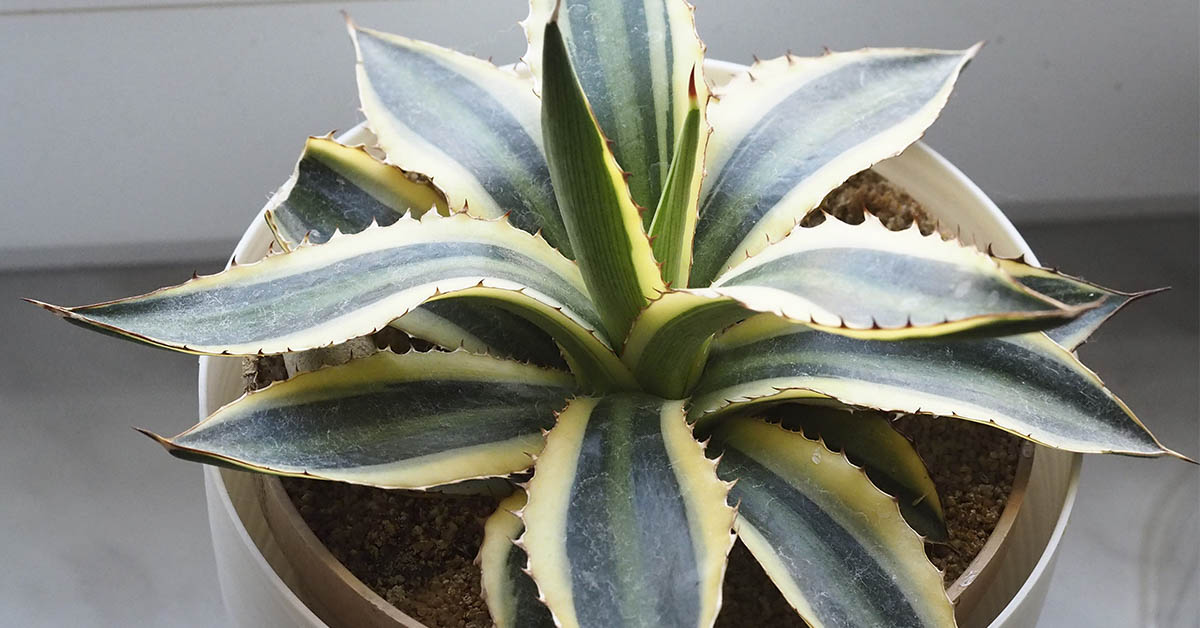Feng shui is an ancient Chinese art that aligns one’s living space with their identity and goals. Most people have had the unfortunate experience of being stuck in crowded, poorly designed small spaces. These environments can create feelings of stress, discontent, and discomfort in the home. Research has shown that our living spaces affect how we feel and perform. But feng shui practitioners have known this for centuries. This practice has many aspects, but one easy way to incorporate it is through house plants.
What is Feng Shui?
Feng shui actually goes beyond house organizing. Its practitioners believe that creating the right environment can positively impact almost every facet of a person’s life, from health to finding love. Feng shui helps people design their living space to harmonize its energy flow. It does this by balancing the five elements — and what they represent — in the home.
- fire: leadership and boldness
- wood: creativity and growth
- water: emotion and inspiration
- earth: strength and stability
- metal: focus and order
House plants represent the wood element so that they can inspire productivity, financial success, and creativity. Laura Cerrano of Feng Shui Manhattan recommends people add a plant or two near their desk or in their home office. “It’s related to the element of wood, which connects to networking, expansion, growth, growing wealth, and opportunities. Also, have your business card on display on your desk.” [1]

Plus, plants in the home add natural energy and vitality. Plants are living creatures, and when you take care of them, they also take care of you. When you are raising houseplants for the first time, there may be some trial and error. You should follow the botanist’s instructions, but you also need to observe the plants carefully. Notice if they need more water or less, depending on the temperature and humidity in the home. Pay attention if they need more or less sunlight. [2]
Plants to Avoid
Now, remember there aren’t necessarily good or bad plants according to feng shui. But some plants are more recommended, while others are difficult to use to inspire good energy. Moreover, there’s a concept of sha qi, also referred to as sharp energy, which can come from sharp objects that drain people’s energy. Therefore, many practitioners give advice to skip spiky plants like cacti. Additionally, avoid Golden Pothos since they represent a depressing life.

Also, dying and neglected plants can lead to more draining energy. So ensure you choose healthy plants and take the time to upkeep them and remove dead leaves and branches. Finally, fake plants are not ideal to promote good energy, but if you go that route, choose high-quality products that look so realistic you could only tell they are fake by touch. [3]
House Plants with Good Energy
As you practice feng shui, set a few goals of what you’d like to improve. This could help guide the process, in this case, of choosing plants. “Just as it is for a human being, it is vital that one seeks a balance amongst the many things that pulls at that person, whether it be pleasure, business, love relationship, social, and so forth,” said Clara Leung, third-generation Old Chinese Feng Shui expert and owner of Clara’s Green House. “To get started I encourage individuals to pick at least three things that they want to enhance or attract within their lives.” This could include reducing stress, improving finances, or simply to experience more joy. [4]
Overall, most healthy and care-for plants are conducive to feng shui. However, plants with soft and round leaves tend to bring a gentle and healthful energy. Here are some other plants often recommended:
- Bamboo – represents positive energy and improvement in your career
- Palm – represents protection against harsh energy
- Ferns – represent freshness and cleansing
- Jade – represents prosperity and good luck
- Monstera Deliciosa – represents love and relationships
- Money Tree Plant – represents wealth, good luck, and reduced stress
- Philodendron Green – represents love, happiness, and harmony
- Snake Plant – “the all-purpose feng shui plant” that protects from negative energy
And finally, never keep a potted plant on the floor. “Not having any space between the planter and the floor is synonymous to its air flow being choked,” Leung said. “A stand to support the planter helps the air flow in and out smoothly, which then helps its good energy to be able to flow around freely.”
Keep Reading: 8 Behaviors People Don’t Realize They Display Because They Are Spiritually Awake
Sources
- “The Skeptic’s Guide to Feng Shui (in Your Apartment).” Healthline. Laura Barcella. June 30, 2022
- “Using Feng Shui for Your Mental Health.” Very Well Mind. Christina De Busk. May 9, 2022
- “The Best Feng Shui Plants to Use In Your Home.” The Spruce. Anji Cho. September 15, 2022
- “How to Use Plants to Enhance Your Home’s Feng Shui.” Real Simple. Lisa Milbrand. July 12, 2022

